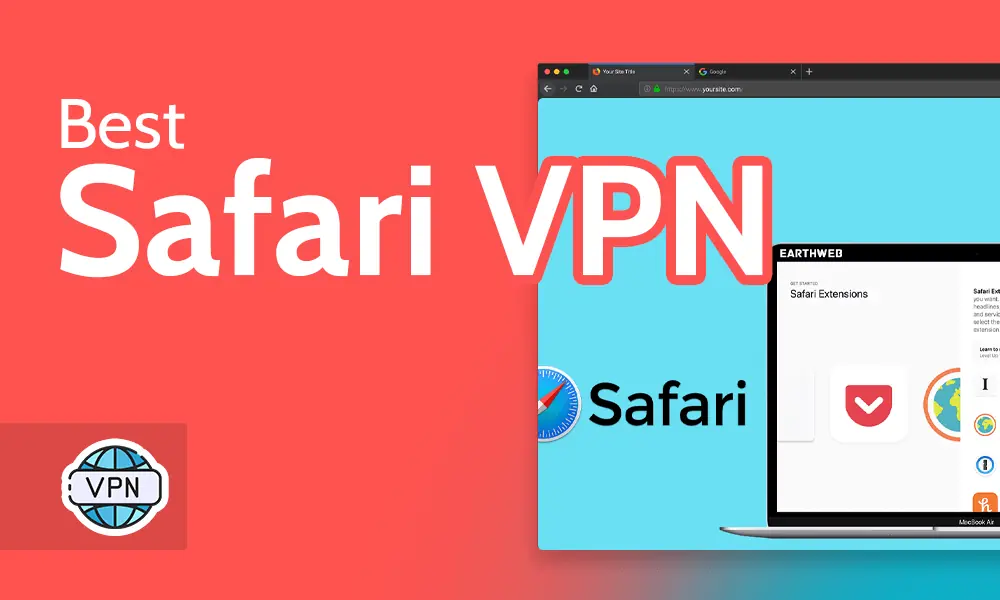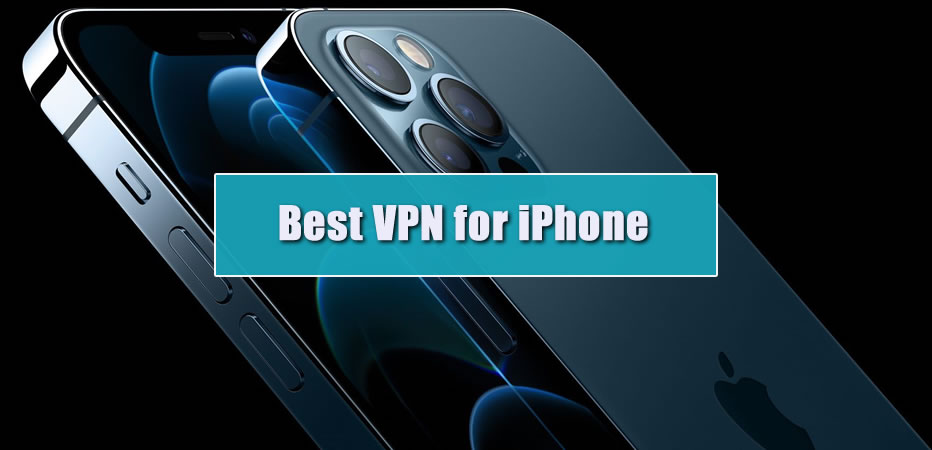Knowing the impact of Technology on Mental health and Well-being
Technology on Mental health has undoubtedly brought about many benefits, it has also given rise to challenges that can adversely.

In today's rapidly evolving world, technology on mental health has become an integral part of our daily lives. From smartphones and social media to virtual reality and artificial intelligence, technology has revolutionized the way we communicate, work, and live.
While it has brought numerous benefits and conveniences, there is a growing concern about its impact on mental health and well-being. In this blog post, we will explore the multifaceted relationship to technology on mental health, delving into both the positive and negative aspects.
The Positive Side of Technology on mental health
Before we delve into the potential negative impacts of technology on mental health, let's acknowledge the positive aspects that cannot be overlooked:
1. Access to Information and Support
The internet is a treasure trove of information and resources related to mental health. It has democratized access to self-help articles, therapy resources, and online communities where individuals can connect with others facing similar challenges. For many, this accessibility has been a lifeline, reducing stigma and fostering a sense of community.
2. Telehealth and Online Therapy
The advent of telehealth has made it easier for individuals to access mental health services. Online therapy platforms and apps allow people to connect with licensed therapists from the comfort of their homes. This level of convenience has been especially crucial during the COVID-19 pandemic when in-person visits became challenging.
3. Mindfulness and Meditation Apps
Numerous mindfulness and meditation apps have gained popularity in recent years. These apps offer guided sessions that can help users manage stress, anxiety, and depression. Technology has made it possible for people to incorporate mindfulness practices into their daily routines.
4. Tracking and Monitoring
Wearable technology, such as fitness trackers and smartwatches, can help individuals monitor their physical and mental well-being. They can track sleep patterns, heart rate variability, and even stress levels, providing valuable insights for better self-care.
While these positive aspects of technology have undoubtedly improved mental health and well-being for many, it is essential to consider the potential downsides and challenges that come with the digital age.
The Dark Side of Technology on mental health
1. Increased Screen Time
One of the most significant concerns regarding technology's impact on mental health is the increase in screen time. Excessive use of smartphones, tablets, and computers can lead to digital addiction, which has been associated with anxiety, depression, and sleep disturbances. The constant barrage of information and notifications can also contribute to heightened stress levels.
2. Social Media and Mental Health
Social media platforms have become ubiquitous, enabling us to stay connected with friends and family and share our lives with the world. However, they can also be a breeding ground for negative emotions.
The curated and often idealized versions of people's lives can lead to feelings of inadequacy and low self-esteem. Cyberbullying and online harassment are additional issues that can seriously harm mental well-being.
3. Fear of Missing Out (FOMO)
The fear of missing out is a phenomenon exacerbated by technology. Social media and messaging apps constantly update us on the activities and achievements of others. This can create a sense of insecurity and the feeling that we are not measuring up to the successes of our peers, ultimately leading to stress and anxiety.
4. Reduced Face-to-Face Interaction
Technology has made it easier to communicate with others, but it has also reduced the frequency of face-to-face interactions. Meaningful in-person connections are vital for our mental and emotional health. Overreliance on digital communication can lead to loneliness and social isolation.
5. Sleep Disruption
The blue light emitted by screens can disrupt our circadian rhythms, making it difficult to fall asleep and stay asleep. Sleep deprivation is a known contributor to mental health issues, including depression and anxiety.
6. Comparison and Perfectionism
The constant exposure to curated images and lifestyles on social media can lead to unhealthy comparisons. Many individuals strive for unattainable perfection, which can result in feelings of inadequacy and anxiety. The pressure to maintain a flawless online image can be overwhelming.
Balancing Technology and Well-being
Given the dual nature of technology's impact on mental health, it's essential to strike a balance. Here are some strategies to maintain a healthy relationship with technology:
1. Digital Detox
Periodically disconnect from screens. Designate tech-free hours or days to recharge and engage in other activities.
2. Mindful Consumption
Be mindful of the content you consume online. Unfollow accounts or mute notifications that contribute to negative feelings. Curate your online experience to focus on positivity and personal growth.
3. Limit Screen Time
Set daily limits on screen time, especially for recreational activities. Use built-in features or apps that track and control your screen time.
4. Prioritize Face-to-Face Interactions
Make an effort to nurture in-person relationships. Engage in activities that involve direct social interaction.
5. Practice Digital Sabbaticals
Consider taking extended breaks from technology, such as weekends or vacations, to fully disconnect and rejuvenate.
6. Seek Professional Help
If you find that technology is negatively impacting your mental health, don't hesitate to seek professional support from a therapist or counselor.
Technology's impact on mental health and well-being is a complex and evolving issue. While it offers numerous benefits, it also presents challenges that must be addressed.
By adopting a mindful approach to technology use and incorporating healthy habits, we can harness the advantages while minimizing the detrimental effects. Striking a balance between our digital lives and our mental health is key to navigating the digital age successfully.
What's Your Reaction?















